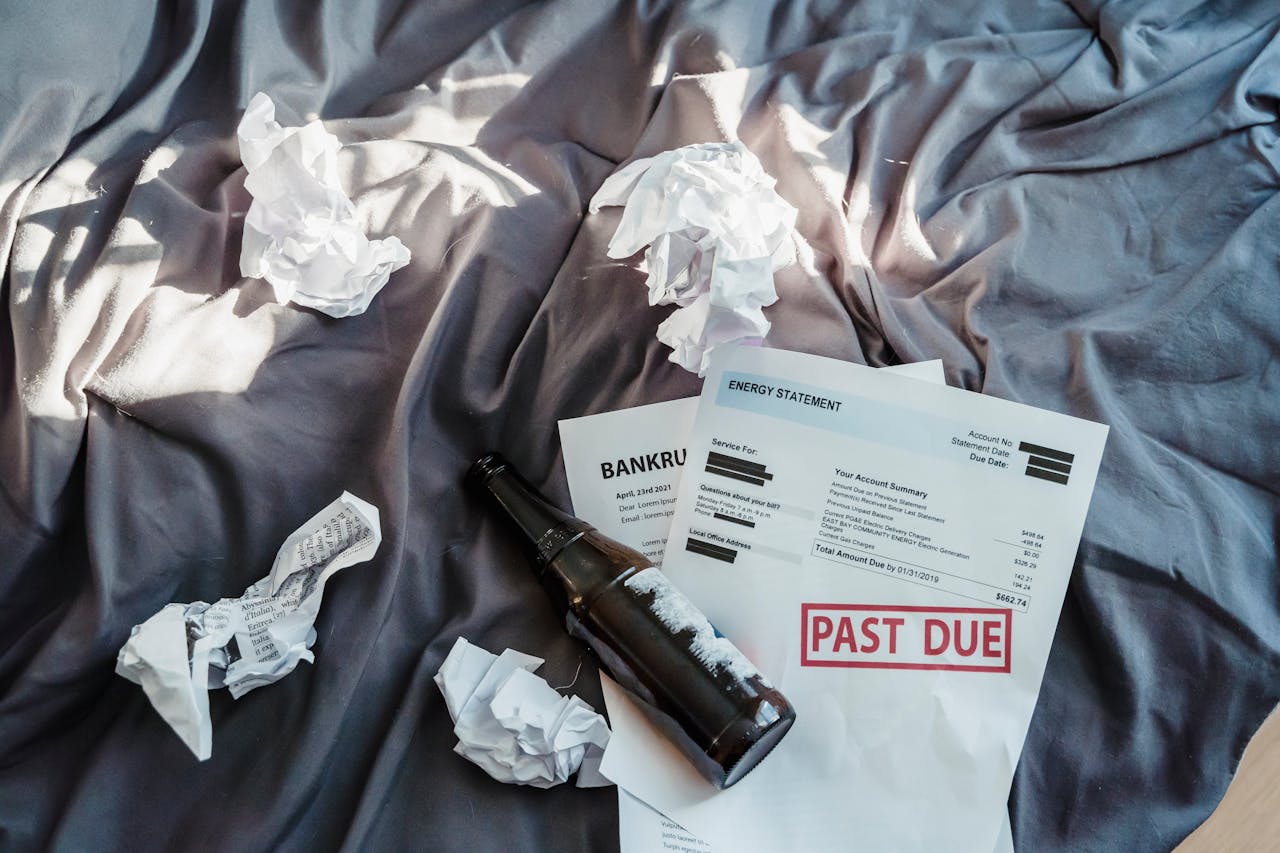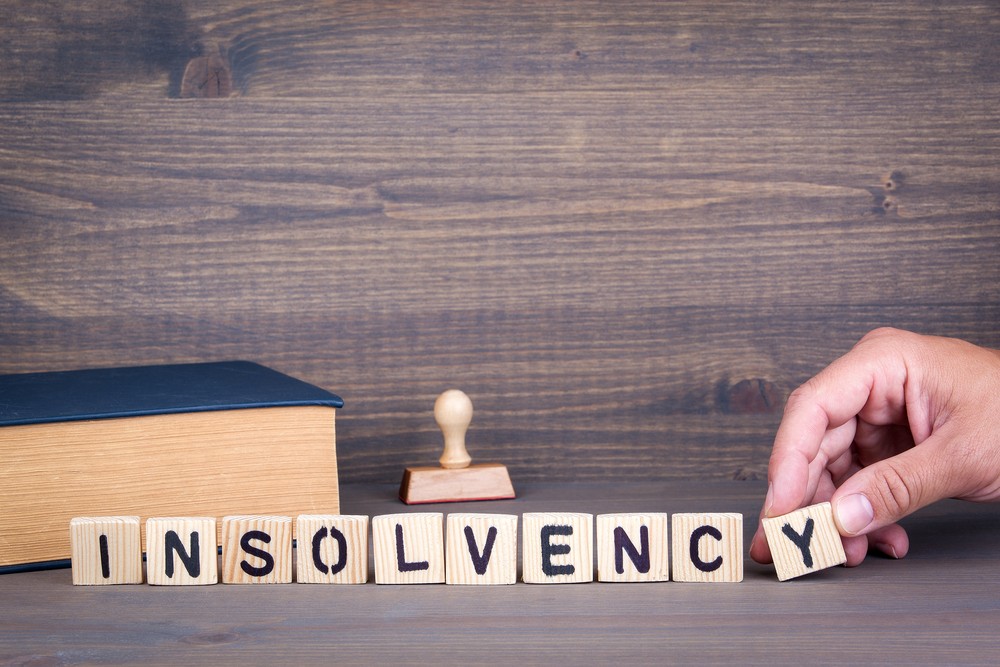Our Services

Take Control of Your Financial Future Today
Why Choose Us?
01
Expert Guidance
Our seasoned bankruptcy lawyers offer personalized advice to help you understand your options and make informed decisions during tough times.
02
Comprehensive Support
From initial consultations to court proceedings, we provide ongoing support to ensure you feel secure and well-represented throughout the process.
03
Client-Focused
We prioritize your needs, crafting solutions that best fit your circumstances, with a commitment to transparency and communication every step of the way.
Our Blog
Why You Need an Insolvency Lawyer: Protecting Your Rights During Financial Struggles
Financial distress can be overwhelming, and navigating insolvency can be a complicated process. An insolvency…
Best Commercial Lawyers in Sydney: How to Choose the Right Legal Team for Your Business
Choosing the right commercial lawyer for your business is crucial for its success and legality….
Best Insolvency Lawyers: Protecting Your Business During Tough Times
When faced with financial difficulties, understanding insolvency and the role of the right legal support…
Insolvency Lawyers Sydney: Navigating Financial Challenges
As financial pressures continue to mount for individuals and businesses alike, the need for professional…
What is Insolvency? Key Facts for Businesses Facing Financial Hardship
Insolvency is a critical term in business and finance that describes a situation where a…
How Commercial Lawyers in Sydney Help Navigate Complex Business Law
For businesses in Sydney, legal complexities are often an inevitable part of growth and operations….









